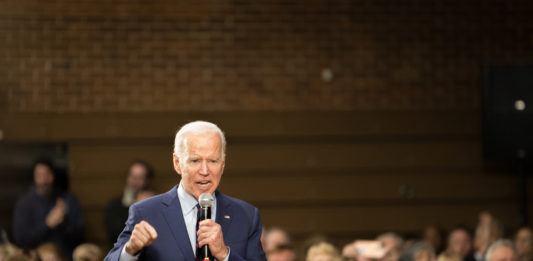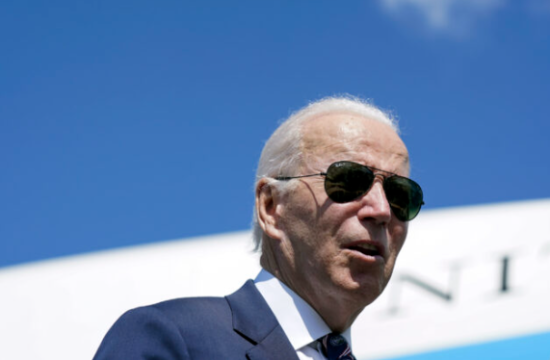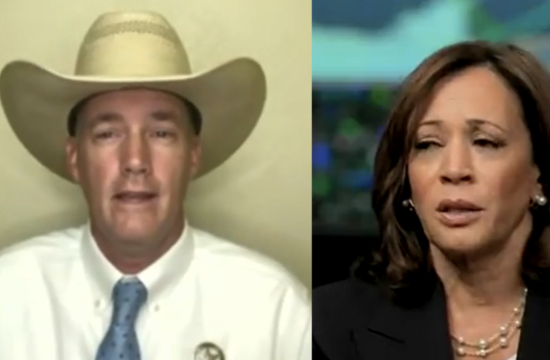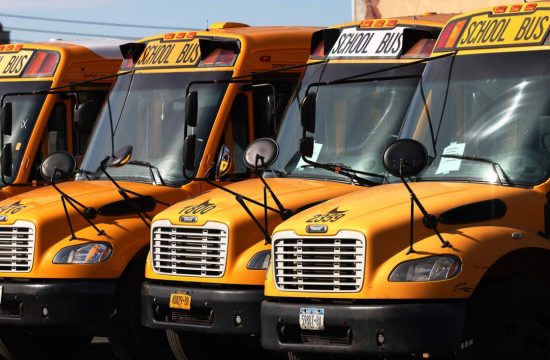States like Washington and Massachusetts are enacting laws that are comparable to Newsom’s communist waste dump, joining the wicked empire of California in its prohibition on new gas-powered vehicles.
They also desire the outlawing of all gas-powered automobiles by 2035, a goal that I am confident none of these three governments will succeed in achieving.
According to California Air Resources Board (CARB) regulations, 35% of new cars must have zero emissions by 2026, followed by benchmarks of 68% by 2030 and 100% by 2035. As of 2019, the agency reported that Massachusetts and Washington have both passed laws bringing their states into compliance with CARB’s recommendations.
In the fight against global warming, this is a crucial turning point. By 2030, all new automobile sales must be zero emissions.
According to CARB, 11.7% of new light-duty vehicle sales in the US are made in California, whereas 2.1% and 1.8% are made in Massachusetts and Washington, respectively. The Department of Energy reports that Washington and Massachusetts have 66,810 and 30,470 registered electric cars, respectively, while California has 563,070. This suggests that the adoption of electric vehicles may be slow in those states.
Officials in the Biden administration are currently facing a great deal of well-deserved criticism for suggesting that renewable energy subsidies enacted under the Inflation Reduction Act will aid those in the middle class in battling rising prices, particularly for gasoline.
In a recent summit, Bank Australia Chief Impact Officer Sasha Courville further stated, “By ceasing car loans for new fossil fuel vehicles, we are sending a signal to the Australian market about the rapid acceleration in the transition from internal combustion to electric vehicles we expect to see in the next few years.”
In the end, none of these measures implemented by the Biden administration had anything to do with protecting the environment or lowering the cost of energy. It relates to the Green New Deal and assisting in wealth redistribution.
What better way to do it than through legislation that appears to be doing good things, like protecting the environment, but is really just about tightening control over the means of production.












